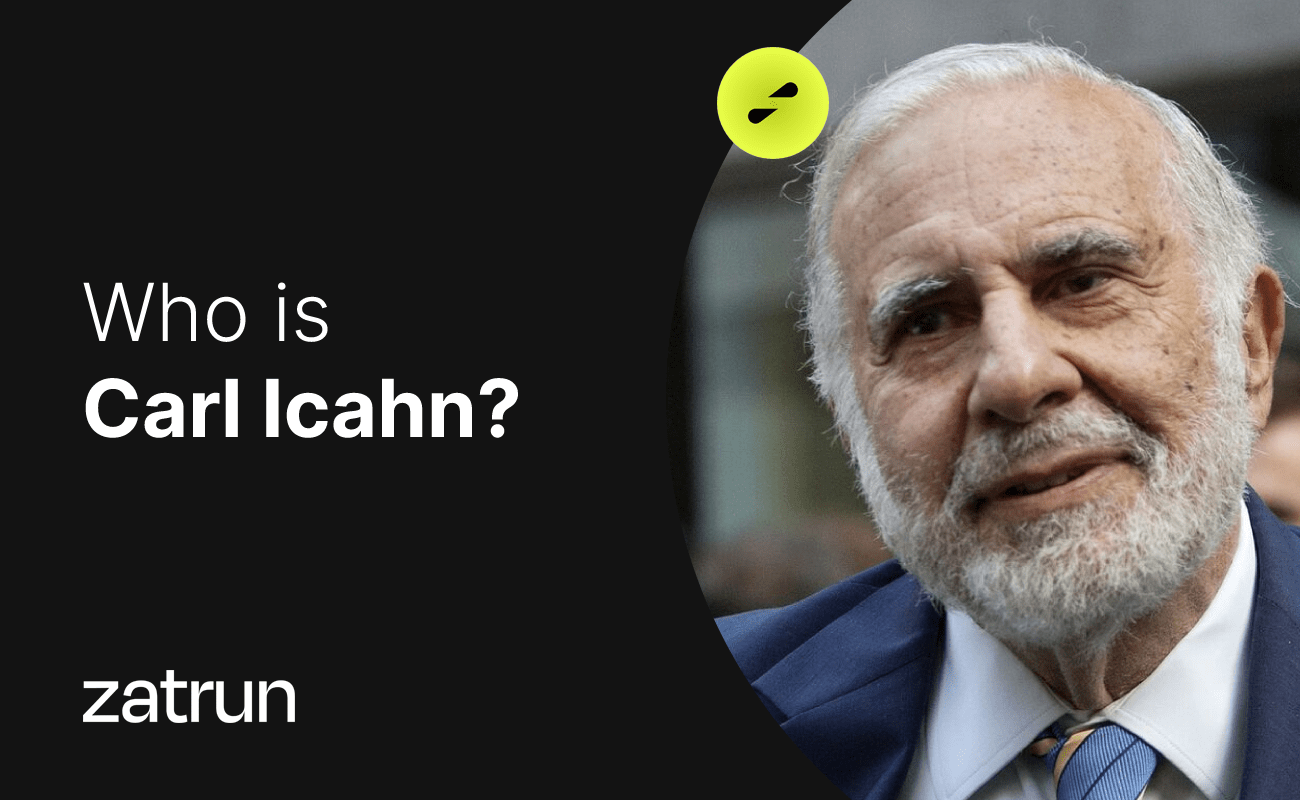Richard Thaler is a renowned economist born in the United States in 1945. He is considered one of the pioneers of behavioural economics, and was awarded the Nobel Prize in Economics in 2017 for his work in this field. Behavioural economics is the study of the psychological, social and emotional factors that influence people’s economic decisions.
Richard Thaler, one of the pioneers of the discipline, argues that people are not rational and act with various biases. He therefore argues that economic models should better reflect human behaviour. He has worked as a faculty member at the Massachusetts Institute of Technology (MIT) and the University of Chicago. If you want to learn more about him, you can check out the subheadings in this Zatrun.com article.

Who is Richard Thaler?
Richard Thaler was born in 1945 and grew up in New Jersey. He graduated from Case Western Reserve University in 1967. He received his PhD from the University of Rochester in 1970. His thesis analysed how people make decisions in risky situations. This thesis was the beginning of Thaler’s interest in behavioural economics. Thaler observed that classical economic theories were insufficient in explaining human behaviour.
He returned to the University of Rochester and then worked as a visiting professor at Stanford University. In 1995, he moved to the University of Chicago, where he became a professor at the Booth School of Business. He was awarded the Nobel Prize in Economics in 2017.
In 1986, he began teaching at Cornell University. During his tenure there, he met and was influenced by other pioneers of behavioural economics, including Daniel Kahneman and Amos Tversky. In 1978, he published his article “Toward a Positive Theory of Consumer Choice”. This paper became one of the cornerstones of the field of behavioural economics.
Richard Thaler published his book “Advances in Behavioural Finance” in 1993. This book was one of the pioneering works to apply behavioural economics to the finance industry. In 1995, he moved from Cornell to the University of Chicago. Here he began writing a column called “Anomalies”. In this column, he discussed various market phenomena that traditional economic theories could not explain. His columns increased interest in behavioural economics and brought him recognition in the academic community.
In 2008, Thaler published his famous book “Nudge” with Cass Sunstein. The book introduced the concept of “nudge” mechanisms, which help people make better decisions. It became a global bestseller and influenced public policy. In 2017, Richard Thaler was awarded the Nobel Prize in Economics for his contributions to behavioural economics.
Thaler’s Ideas and Legacy
Richard Thaler is the author of many ideas and works that developed and popularised behavioural economics. Some of these are as follows:
- Weak willpower: Thaler has shown that people find it difficult to give up short-term temptations to achieve long-term goals. For example, a person who wants to save money may use a credit card instead of limiting their spending. To solve this problem, Thaler offered people tools such as automatic savings plans.
- Fair market hypothesis: Thaler argued that markets are not always efficient and rational and that people’s behaviour can affect market prices. For example, people may hold on to a losing stock or sell a winning stock early. Thaler called these behaviours “mental accounting”.
- Nudge: Thaler argued that small and harmless nudges can be applied to people to improve their decisions. For example, to increase the number of people who want to become organ donors, they can be given the option to become donors by default. As we have already mentioned, Thaler has written a book on this subject, “Nudge”, with Cass Sunstein.
Richard Thaler has made behavioural economics both an academic and applied field, using psychology to understand people’s economic decisions. Thaler’s ideas are used in many fields, from policy making to marketing strategies. Thanks to Thaler’s contributions, economics has become a more realistic and human-centred science.












